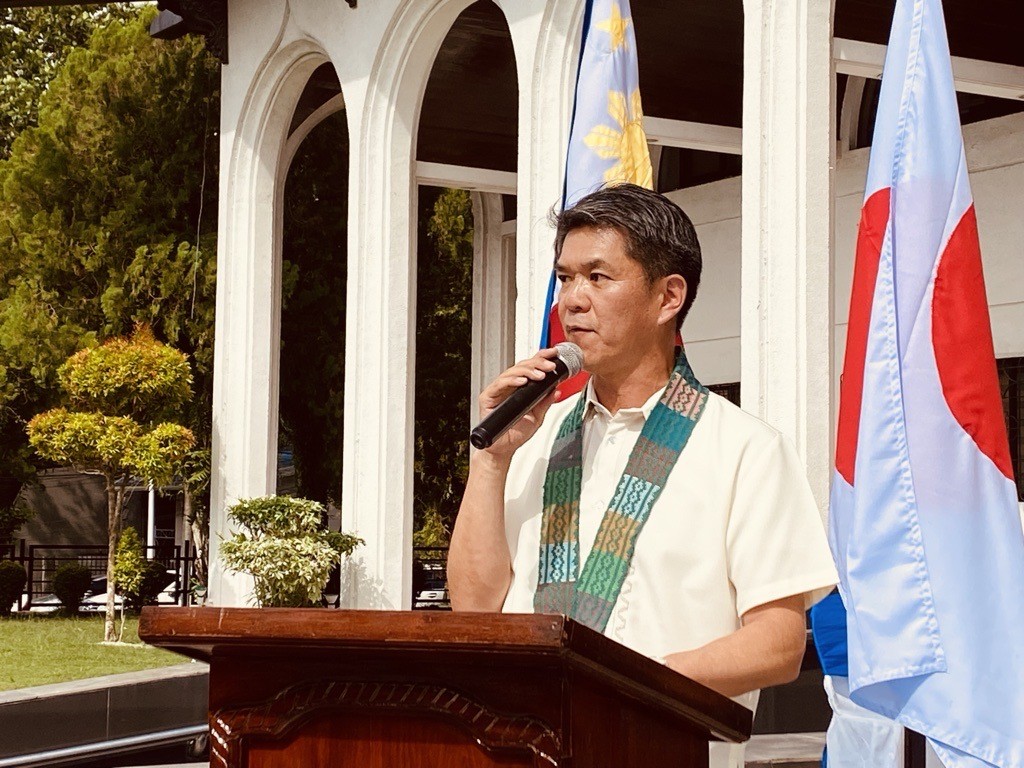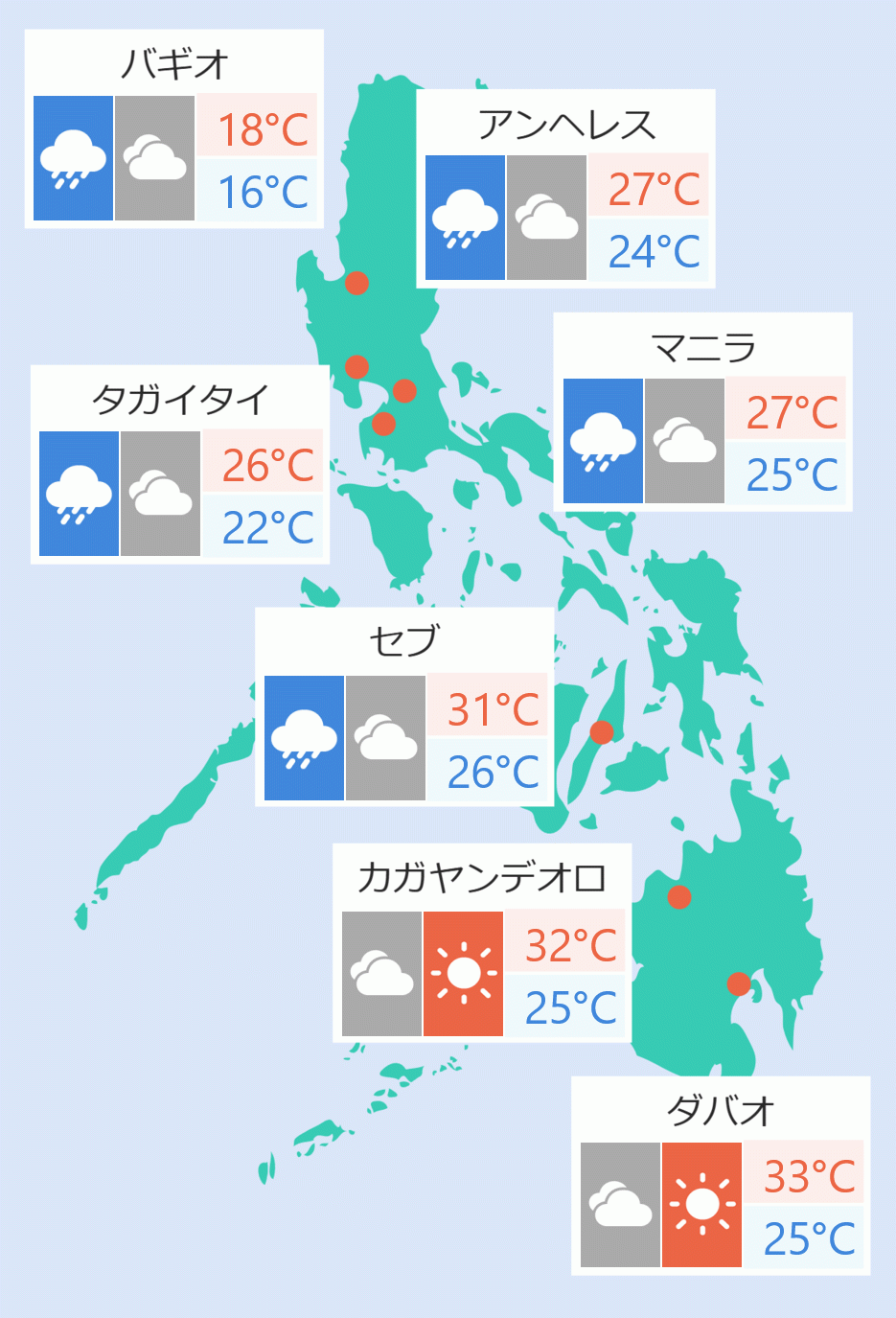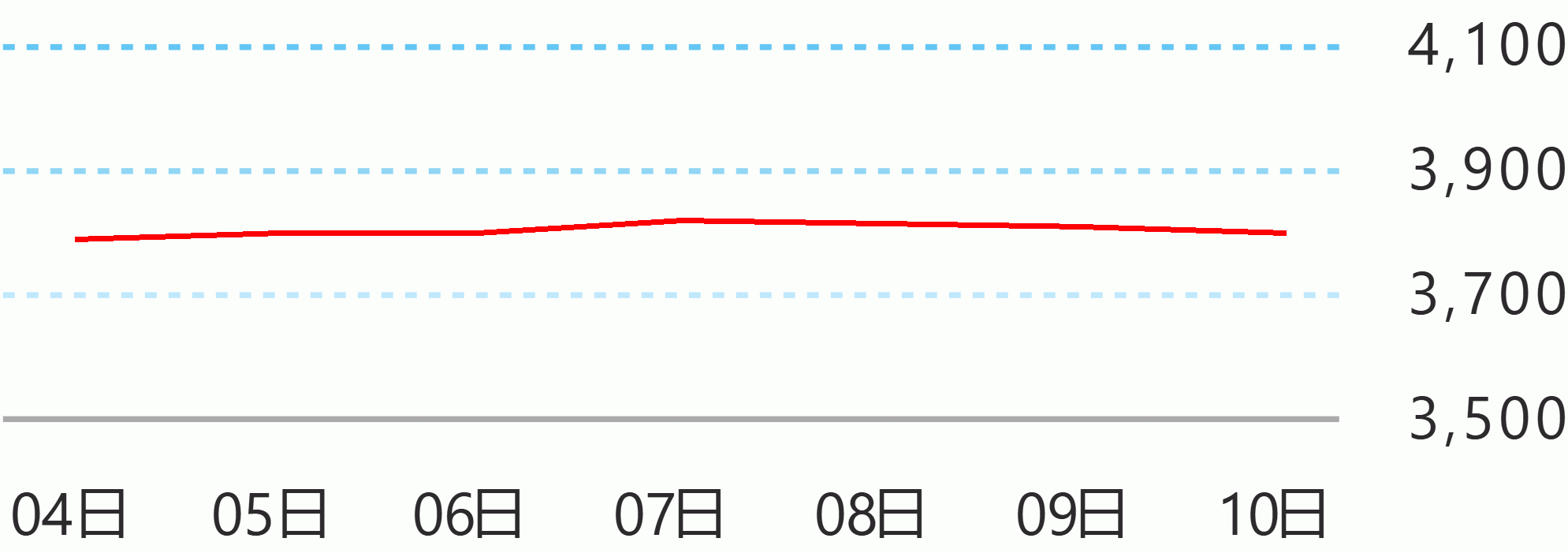From September 4 to 6, Ambassador Endo Kazuya visited the Bangsamoro Autonomous Region in Muslim Mindanao (BARMM). This marks his third visit to the region, following earlier trips to Cotabato City and the surrounding area in June 2024, and Tawi-Tawi in June of this year.
Japan has been contributing to the peace process in Mindanao for more than two decades. To date, over $515 million in more than 100 projects have been undertaken under the Japan-Bangsamoro Initiatives for Reconstruction and Development (J-BIRD) as part of Official Development Assistance (ODA). During his visit, Ambassador Endo attended ceremonies and visited sites of ongoing projects funded by the Government of Japan.
On September 4, the launch of the “Partnership for Informed Voting in BARMM” was held in Upi, Maguindanao del Norte, as part of "The Project for Raising Voters’ Awareness and Promoting Digitalization of Electoral Process in Bangsamoro."
The launch was also attended by Commission on Elections (Comelec) CommissionerAimee Ferolino and United Nations Development Programme (UNDP) Resident Representative Selva Ramachandran.
The launch forms the third installment of the Government of Japan’s 234 million yen grant “The Project for Raising Voters’ Awareness and Promoting Digitalization of Electoral Process in Bangsamoro,” implemented by the UNDP.
The voters’ education program developed under the project, which includes a multilingual radio program, digital kiosk, and voter education app, will increase the participation of women, indigenous peoples, and vulnerable groups through familiarization of the electoral system of the Bangsamoro Parliamentary Election.
To date, the project has turned over satellite communication units, servers, and SD-WAN solutions to support of the digitalization of critical Comelec processes in March, and has launched the e-SOCE platform that digitalizes the submission of SOCEs (Statement of Contributions and Expenditures) in July for greater transparency and efficiency in the post - electoral process.
At this critical juncture in the history of the Bangsamoro region, Ambassador Endo stated in his remarks, “As we stand side-by-side in this historic moment of the first-ever Bangsamoro Parliamentary Election, may each ballot be a building block of Barmm’s progress. Let these elections lead to a bright future—one that firmly carries the hopes and aspirations of the Bangsamoro.”
“The Project for the Promotion of ‘Farm-to-School’ Meals Programme Using Locally Harvested Products in Bangsamoro Autonomous Region in Muslim Mindanao” is implemented by the World Food Programme (WFP).
The project aims to establish a school meal programme for targeted municipalities in Barmm to provide nutritious and diversified meals to around 10,000 students every school day; and strengthen linkages between local smallholder farmers and schools to enhance the integration of the school feeding supply chain.
Ambassador Endo visited one of the project sites in Upi, Maguindanao del Norte, accompanied by WFP Philippines Country Director Regis Chapman. During the visit, the Ambassador joined parents and volunteers in preparing and serving meals to the children. He also engaged in a dialogue with local farmers who supply vegetables for the school feeding program.
The turnover of heavy equipment for disaster response to the Ministry of Public Works – Barmm (MPW) was attended by Assistant Senior Minister of the Barmm Government Abdulla Cusain and director general of the Ministry of Public Works, Barmm, Danilo Ong. The event was held inside the Barmm government compound in Cotabato City.
This assistance forms part of the Government of Japan’s 957 million yen “Economic and Social Development Programme (Construction Equipment for Road Network Improvement/Implementation and Disaster Quick Response Operation)”.
As part of the package, ten brand new wheel loaders were provided to strengthen the capacity of the MPW in infrastructure projects and disaster response, of which four units were ceremonially turned over during the event.
This provision will upgrade the standards of the MPW to increase disaster response preparedness, as well as support the socioeconomic development of the region. Also included in the grant are other equipment such as ten dump trucks, ten excavators, and three aquatic plant harvesters, which will be arriving in batches at a later time.
As both Japan and the Philippines are prone to natural disasters, Ambassador Endo recognized the MPW’s strategic foresight in pursuing the project. He also hopes that each task carried out by the equipment will “embody the shared goodwill between our two countries.” Japan Information and Culture





 English
English










